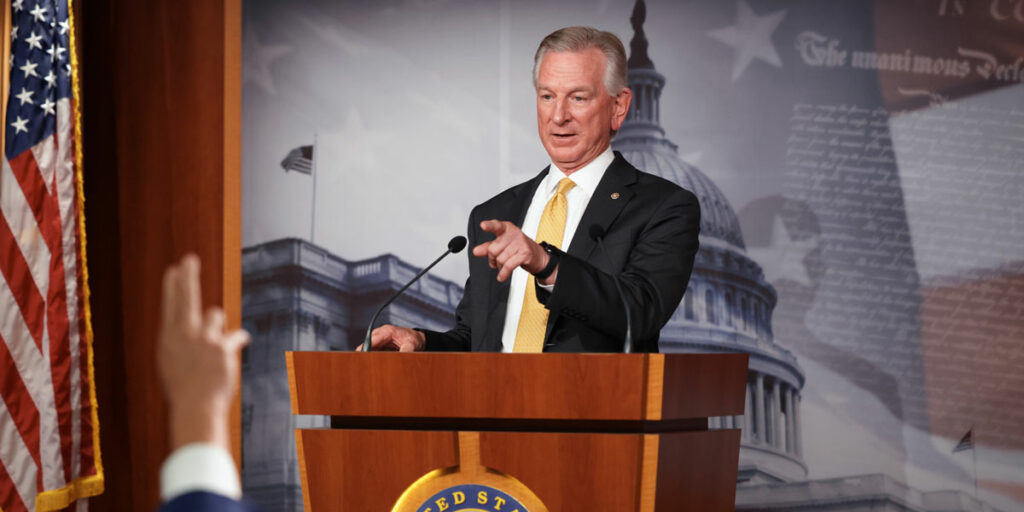
President Obama recently authorized the Pentagon to call up the National Guard if they are needed as part of the U.S. government’s response to the escalating Ebola crisis in West Africa. The U.S. has committed to send as many as 4,000 American troops to African countries where the outbreak is spreading to provide humanitarian support.
“The first team will be small — engineers and logistical experts to help build seventeen Ebola treatment centers,” said Chris Jansing of NBC News. “Administration officials also admit they’re working under the assumption there will be more cases here (in the United States).”
With the virus continuing to spread rapidly overseas and the White House’s own admission that they believe there will be more cases in the United States, it is possible, albeit unlikely, that Alabama National Guard troops could be among those called up to assist in the government’s response.
Politicians on both sides of the aisle have been harshly critical of the president’s decision to use military personnel to respond to the crisis.
“I strongly condemn the use of US military personnel to address the Ebola outbreak in west Africa,” said Alabama Congressman Bradley Byrne (R-AL1). “Our military men and women are stretched too thin already with multiple threats of Islamic extremists in the Middle East and in Africa. Our military is not adequately trained for these medical missions, and there are better suited organizations, like the World Health Organization (WHO) and United Nations (UN), to address this unique medical challenge.”
The criticism increased after it was revealed that troops in Ebola-stricken areas would not receive full protective gear.
“They don’t need the whole suit – as such – because they’re not going to be in contact with any of the people,” said Gen. David Rodriguez, the commander of U.S. troops in Africa.
However, as Time Magazine points out, the use of the National Guard is a little bit more complicated because National Guard units report to both the Governor and — through the Pentagon — to the President. As a result, there have been times when that “dual-headed command structure” has led to confrontations between states and the federal government.
Last year, after the Supreme Court struck down the Defense of Marriage Act (DOMA), the Pentagon announced that it would issue military ID cards to same-sex spouses in recognition of so called gay marriage. But National Guard units in seven states refused to issue the ID cards, citing gay marriage bans inside their states.
With that in mind — and with so many people expressing concerns about the military being used for Ebola response — Yellowhammer reached out to the Governor’s office on Monday to find out what Gov. Bentley’s response would be if the Obama administration called up Alabama National Guard troops to assist with an Ebola-related mission.
“The order from the President is expected to be voluntary, and we do not expect any impact to the Alabama National Guard,” Bentley said in a statement to Yellowhammer. “As with every assignment, the men and women of the Alabama National Guard have always completed their mission, no matter the difficulty of the assignment.”
A spokesperson for the governor added that the federalization of the National Guard would take the the authority out of the governor’s hands, but reiterated that they do not at this time expect the Alabama National Guard to be engaged as part of the president’s Ebola response plan.
Follow Cliff on Twitter @Cliff_Sims












